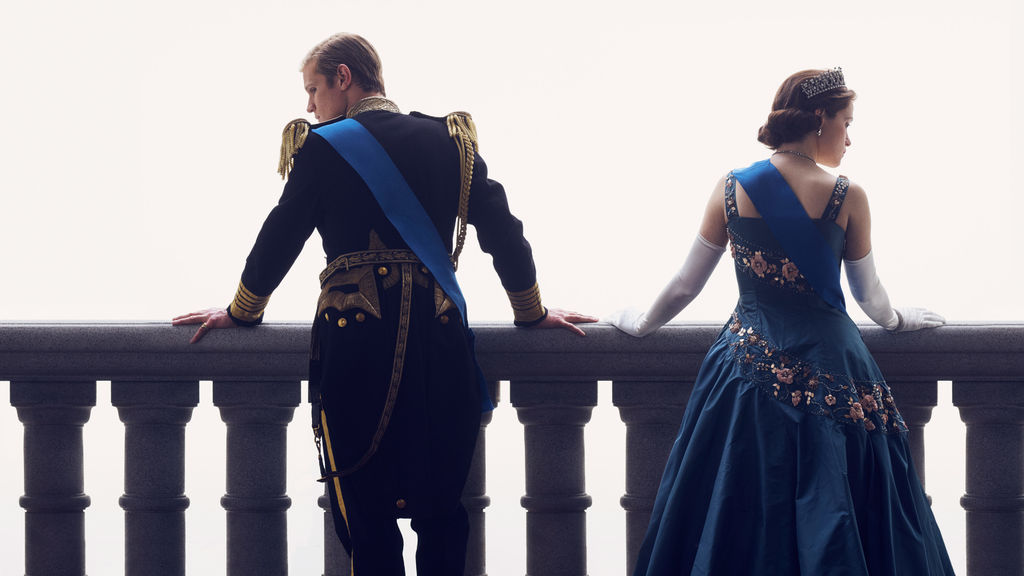Stephanie Bennett dissects the cultural phenomenon of historical dramatisations.
With the recent popular televisation of Netflix’s The Crown and ITV’s Victoria, certain pertinent questions spring to mind stemming from such adaptations of history. Historical dramas, despite their misleading names, tend to rewrite and sensationalise aspects to such an extent that to call them truly ‘historical’ is almost an insult. However, is it because these stories are embellished that makes them so entertaining? It is true that not every aspect of history is as interesting as the next; some texts are dusty for a reason. But can it still be presented as ‘historical’ if it is rewritten to such a degree that fact becomes irrevocably blurred with fiction?
Yet, it must be acknowledged that many viewers may perceive such television to be truly historical fact, despite such blatant flaws. Especially as, with series like The Crown, delving into the private sphere of the higher echelons and revealing their secrets while they’re still alive certainly has an exciting appeal. Would Elizabeth agree with Claire Foy’s representation of herself? Or is she sitting in her parlour cursing the writers for such an exorbitant reflection of her family? Perhaps the audience is aware of the dramatizations of history but it isn’t the facts that they find entertaining. Perhaps the sense of escapism that television creates is amplified by the exaggeration, but is the abridged version dangerous? Mistaken nostalgia for some romanticised notion of Renaissance England, medieval princesses or world wars seems to be the driving force for the making of these productions. Memories of a ‘simpler’ time before the advent of technology always seem to needle at older relatives, and now enable a twenty-first-century audience to not only view a series but to believe and enjoy it too. While the past might seem appealing, it’s only because of our current modernisation that we can enjoy it.
Is glorifying and romanticising the past acceptable? But it is significant that it is not just the watering down of history but the exaggeration of it. The Vikings, for example, were not just savage rapists and plunderers of innocent Christian towns, but farmers, settlers and explorers. However, the stereotype is entertaining for an audience because it’s simple and easy which amounts to good ratings. History at its core is a tangled mess of nuance and perspective and even to some experts, the difference between fact and fiction is indefinite. Therefore, it seems irresponsible for a writer to Google a topic and then write a script according to Wikipedia. For the most part, historical dramas are entertaining. But they are certainly more dedicated to the drama than the historical accuracy.
Minor errors in costume are to be expected and can be easily dismissed. The colour, material or style of a dress or tunic is permissible against the blatant fallacy and misuse of dates, battles and relations. While historical drama is often diverting and an interesting lens into the past, it’s a lens that is dulled, cracked and resoundingly flawed. As long as an audience watches a historical drama with the realisation that it is often embroidered to a significant degree and doesn’t assign it as fact, such television is innocent enough. The danger is not that these dramas misuse information, but whether an audience believes them to be true.
Stephanie Bennett
Image: Netflix

